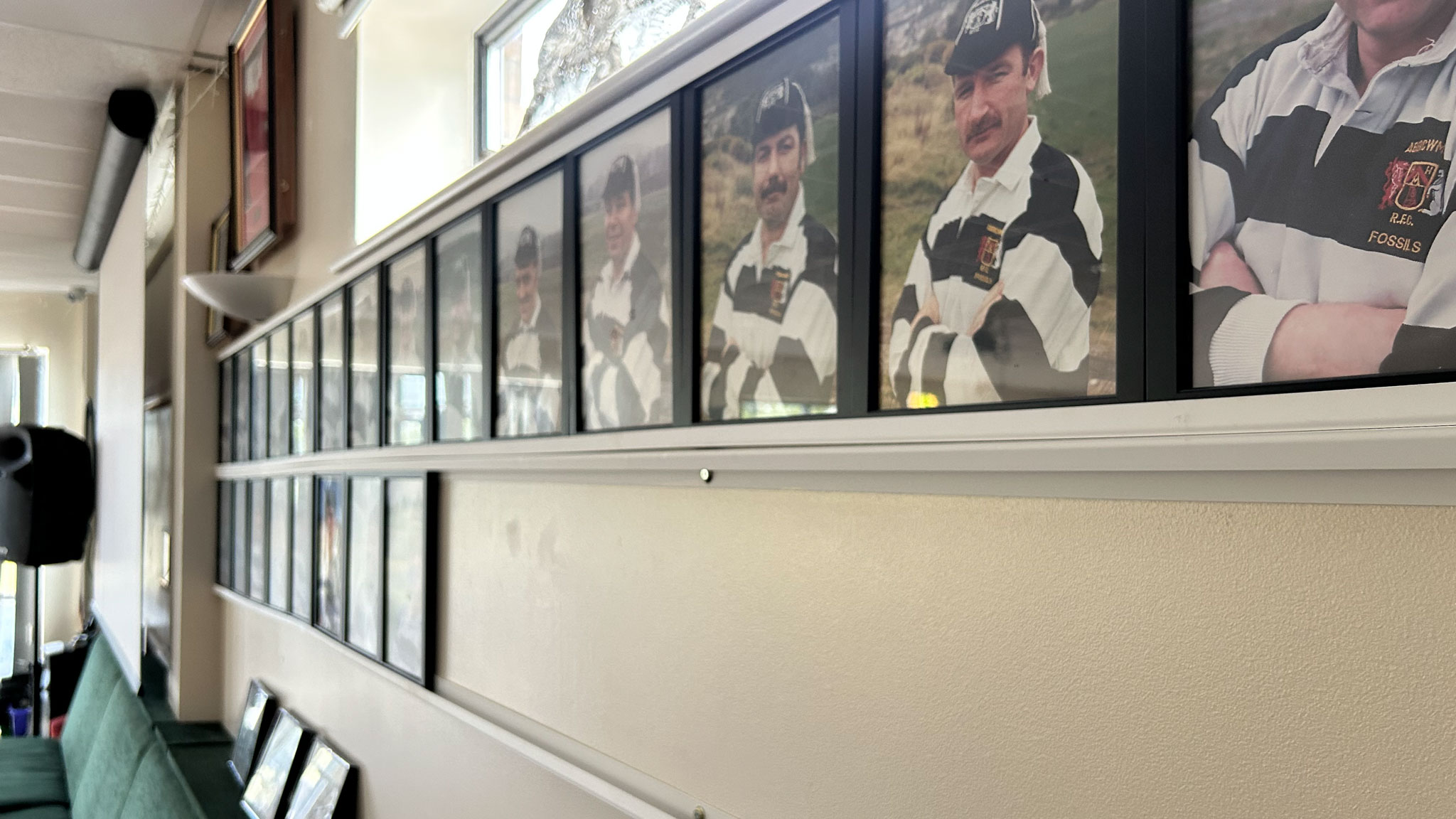Does rugby’s drinking culture stay with players long after their final match?
For many retired players, the rugby clubhouse is more than just a bar; it’s a lifeline. After decades of regular training, matches and post-game rituals, stepping away from the game can leave a gap that is hard to fill. The camaraderie, the banter and the familiar faces at the same tables every week form a safety net against the isolation that can creep in with age.
Former semi-professional player David Rees, who played across Wales and England before turning to coaching and eventually walking football and rugby, remembers the role the clubhouse played vividly. “Your village club feels like your backyard,” he says. “We were allowed to drink at 16, 17, but you were looked after by the steward, the senior players. There comes a point in a rugby club where people go, ‘That’s enough now, he needs to go.’ There was a mutual respect there.”
That sense of belonging is what has stayed with him into later life. Even now, years after hanging up his boots, he insists the bonds forged in clubhouses mattered more than the wins and losses. “The camaraderie in the changing room, you miss that as much as you miss everything else. Definitely. The friendships I got in rugby, I didn’t just get because I was playing, I got them when we were socialising together, travelling, going on tour, sharing rooms. Alcohol played a massive part in that.”
Rees’s perspective underlines one of the central contradictions of Welsh rugby: alcohol is at once a risk factor and a social glue. For him, the pint was never just about drinking; it was about connection. “Once you sit down and have a pint with people, you relax more, you respect people more, they respect you more, and then you want to take them out of a hole on the pitch because you were with them on Saturday. You get a bond, and alcohol plays a massive part in that.”
Not every player managed that balance. Rees recalls former teammates who spent every evening at the bar, “three or four pints every single night,” while he preferred to save his drinking for a proper social occasion once a week. “My philosophy was, why three or four pints? Why not have a real night out, or stay home with a cup of tea?” That self-imposed discipline, he believes, stopped him from falling into unhealthy patterns after retirement.
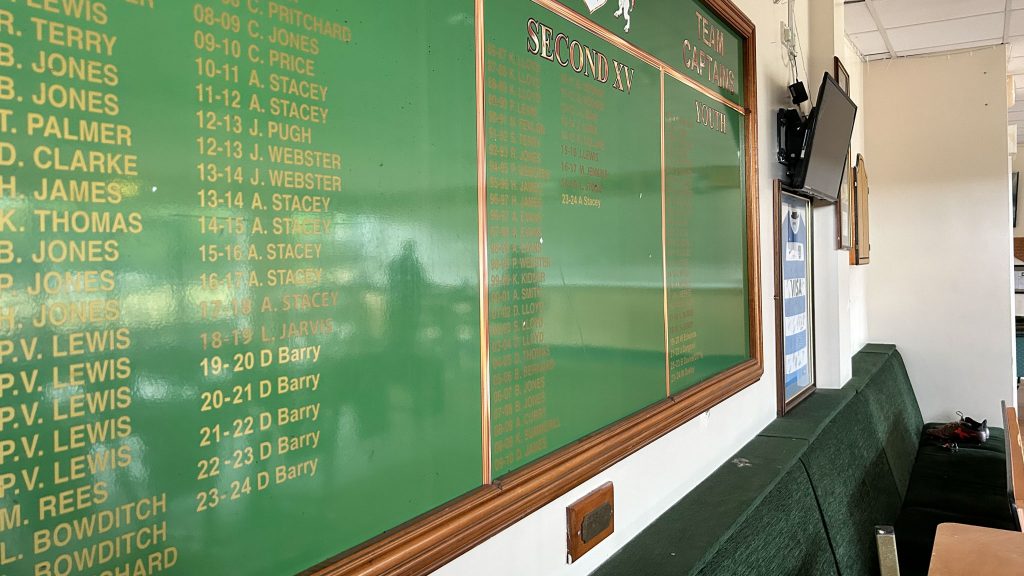
But even for players like Rees who avoided heavy drinking, leaving the game brought an inevitable sense of loss. “There is a sense of loss. Ian Gough said when he retired, it was like losing a family, the same way veterans feel when they leave the army. If you’re not disciplined enough to structure yourself, you could quite easily go the wrong way.”
Rees’s reflections echo the concerns of Andrew Misell, Director for Wales at Alcohol Change UK, who has long argued that the danger for ex-players is not only alcohol but isolation. He recalls sitting in a Wetherspoons in Cardiff city centre one morning and noticing a number of older men drinking together, or in some cases alone, at 11 o’clock. His initial reaction was one of mild shock, but it was tempered by the realisation that these men were socialising with their peers.
In some communities, the clubhouse remains one of the few places where older men can reliably find company. Misell remembers a project in Pembrokeshire where a local resident told him, “I think loneliness kills more people than alcohol in this town.” For him, the challenge is in recognising that balance. “I can see the risks of spending your retirement drinking beer in your favourite pub or club. I can also see the risks of spending your retirement sitting at home on your own, getting more and more depressed and isolated.”
Rees provides a lived example of that balance. Now nearly 60, he still pops into his old club occasionally, more often for funerals or reunions than for Saturday night drinking, but enough to feel the pull of the place. “I don’t need to be there, but I like going now and again. The only reason it would affect me if it wasn’t there is for the youngsters coming behind me, like my grandson. If that’s not there for them, I’d be really sad.”
Anthony Meredith, who has been part of Welsh rugby committees for over 16 years, believes this sense of continuity is what sustains people long after their playing days are over. “The club is the people, the building is just a building. What matters is making sure everyone is safe, whether they’re drinking or not.” For him, the clubhouse functions as a safety net: if someone stops showing up, it will be noticed.
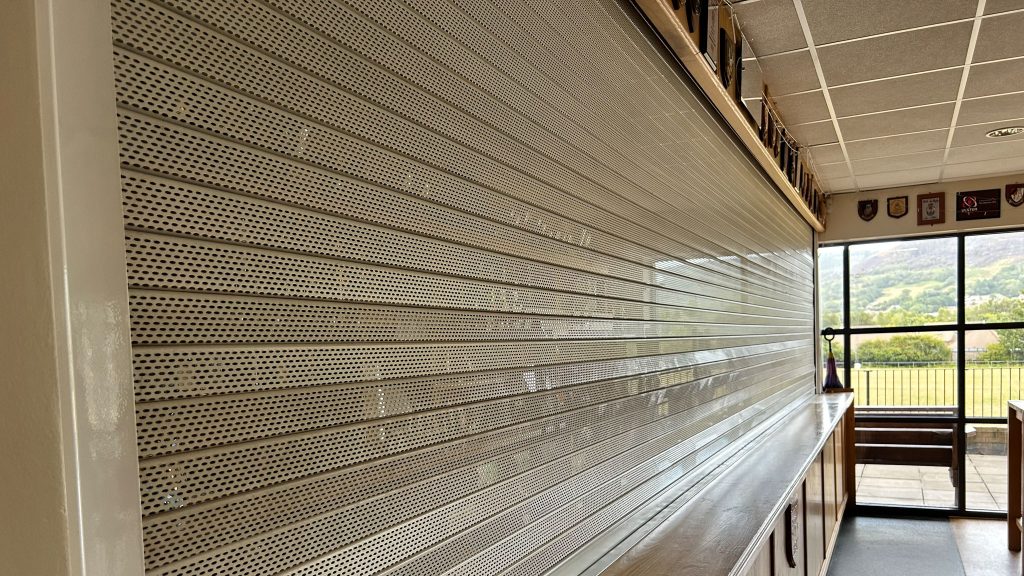
That continuity can prevent the spiral into unhealthy habits that Misell warns of. “Retired sportspeople are notoriously prone to problems in later life,” Misell says. “You’re performing at your peak, you’re appreciated, and then you’re not anymore.” In that void, some turn to gambling or alcohol. The clubhouse, when it works well, provides a space where former players can still be recognised, still belong.
Rees admits that not everyone makes that transition smoothly. He has seen ex-players lost to nightly drinking sessions, sometimes masking deeper unhappiness at home. “Was it really about rugby or alcohol,” he wonders, “or was it just a shit marriage and it was better to be in the club than in the house?” His bluntness points to a truth that researchers often underline: for some, the clubhouse can be an escape as much as a support system.
The drinking culture is not uniform, and it is shifting. Dom Leach, former social media and marketing officer at Doncaster Knights, recalls how older players “seem to be your biggest drinkers,” able to sink pint after pint without showing much effect. “There is still that rugby lad culture,” he says, “but I wouldn’t say it’s the same across the board. Younger ones aren’t as keen to get involved in the drinking culture, I put that solely on Covid.”
Tom Garner, a personal trainer, reinforces the data: “This younger generation is the most sober out of all age ranges. Eighteen to 24 year olds, 39% of them are not drinking. So I would argue that it’s evident.” He stresses that health is not just physical but social. “I would never shun drinking, because if drinking has a positive effect on your social well-being, I don’t think that’s a bad thing at all.”
Rees has seen that shift first-hand. Where a Saturday night out once felt like “a given,” he now hears younger players prioritising Christmas shopping or weekends away. He half-jokingly blames “bossy wives and girlfriends” for curbing the old social crack, but underneath the humour is an acknowledgement that culture has changed. “We had a better crack years ago,” he insists, “because now they’re not allowed another pint.”
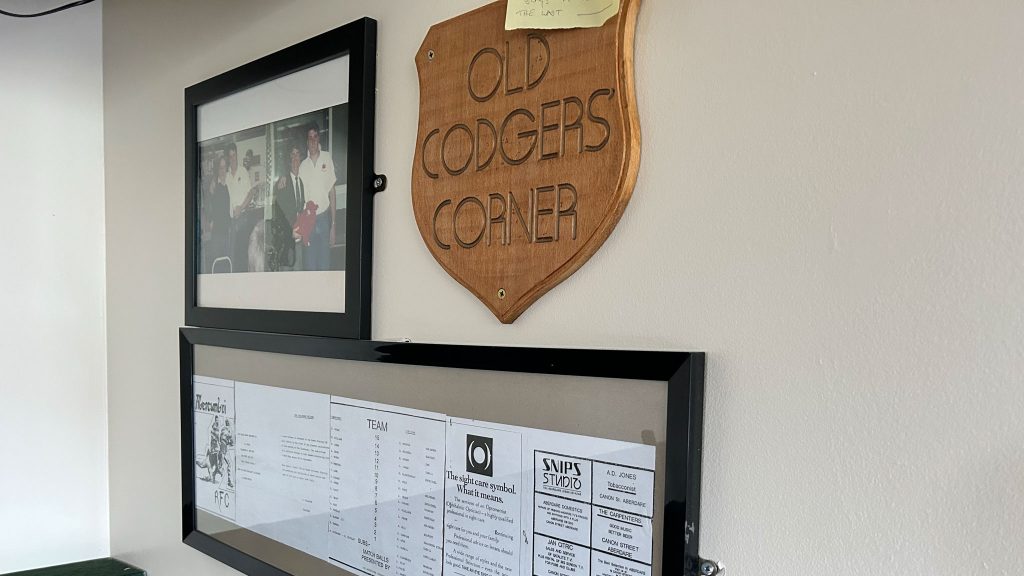
Yet if younger players are drinking less, it is older players who are redefining what belonging means. Walking rugby has emerged as a crucial adaptation, a way to keep people active and connected without demanding the physical intensity of the full game.
Rees is proof of its appeal. After ending his competitive playing career, he found walking football and rugby offered both exercise and community. “I’ve got a great social group with the walking football, you enjoy that as much as anything else, the sense of belonging to a group. The camaraderie, the banter, you miss that as much as you miss everything else. Definitely.”
He sees parallels with his playing days: “We all like to take the piss out of each other and have the piss taken out of us. No one’s going to give you a compliment without a dig in the ribs after. It’s a blokes thing.” For him, walking rugby restores that missing element of shared humour and belonging that fades when players leave the traditional game.
Walking rugby is designed to be accessible to adults of all ages and abilities, particularly those over 50, retirees, or those recovering from injury. Participants must always walk rather than run, and instead of tackles, games are restarted after a two-handed touch. Matches are played on a smaller pitch, creating a gentler, more inclusive format that enables everyone, from former players to complete newcomers, to join in.
In Wales, the uptake has been remarkable. Walking rugby groups grew from just two to sixteen in only a year, attracting over 300 regular participants. Health authorities have taken notice: GPs now refer patients to walking rugby for both physical activity and social connection, while community partners like the Dragons conduct weekly sessions at Rodney Parade to support mental health and social inclusion.
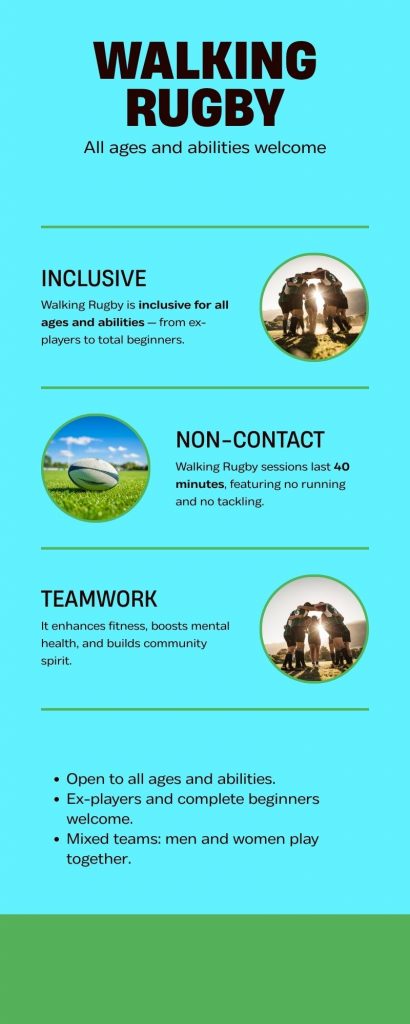
Rees believes initiatives like this capture the best of what rugby always offered him. “It gives you that banter, that sense of belonging. And you will get friendships with people that you wouldn’t get if you just played the game and went home. Once you sit and spend time after, you get that closeness again.”
For Misell, the challenge remains in recognising the balance between the dangers of excessive drinking and the equally damaging effects of prolonged isolation. He warns of the risks of spending retirement propped up at the bar, but is equally wary of advising someone to avoid the club entirely when the alternative is sitting at home alone, growing increasingly cut off from the world.
Rees embodies that balance. He drinks once a week, sometimes not at all, and finds his fulfilment more in the social routines than in the alcohol itself. But he acknowledges that others struggle. “If you’re not disciplined enough to structure yourself, you could quite easily go the wrong way,” he says.
Meredith’s vision is of clubs adapting to that reality. “In an ideal world, people would come in, enjoy each other’s company, and then go home safely. Whether that means a pint, a coffee or a soft drink shouldn’t matter.”
Tom agrees: “There are some people who don’t want to drink and don’t like to drink, and I don’t believe that they should be shunned because of it. I don’t think it should be enforced.”
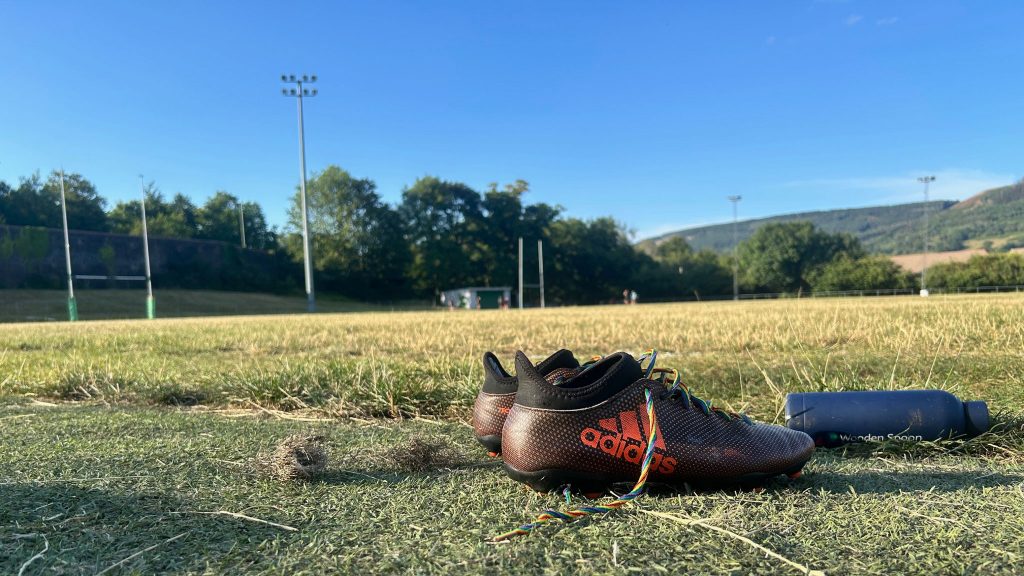
Research consistently shows that structured group activities, particularly those involving physical activity, help reduce loneliness and improve well-being among older adults. Rugby has found a way to adapt: not by abandoning its traditions, but by reshaping them.
For players in this period, transitioning away from the intensity of their youth, the rugby pitch doesn’t have to be a place they leave behind. Instead, walking rugby offers a lifeline, not just to the sport but to community, physical health, and mental wellbeing.
The clubhouse may always be linked to alcohol, but for players like David Rees, it was never just about the pint. It was about the banter, the bonds, and the belonging. As he puts it: “The friendships I got in rugby, I didn’t just get because I was playing, I got them when we were travelling together, going on tour, having a laugh. It wasn’t the drink itself, it was what came with it.”
That distinction may be the key to the future of Welsh rugby’s retirement culture: finding ways to keep the laughter and the belonging, without letting the beer dictate the terms
